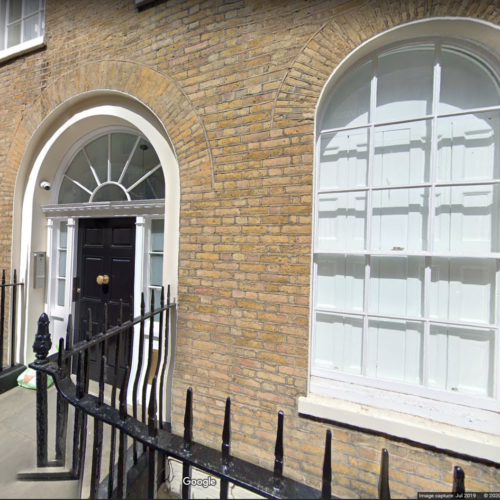

A centre for men and women, with ideas and ideals
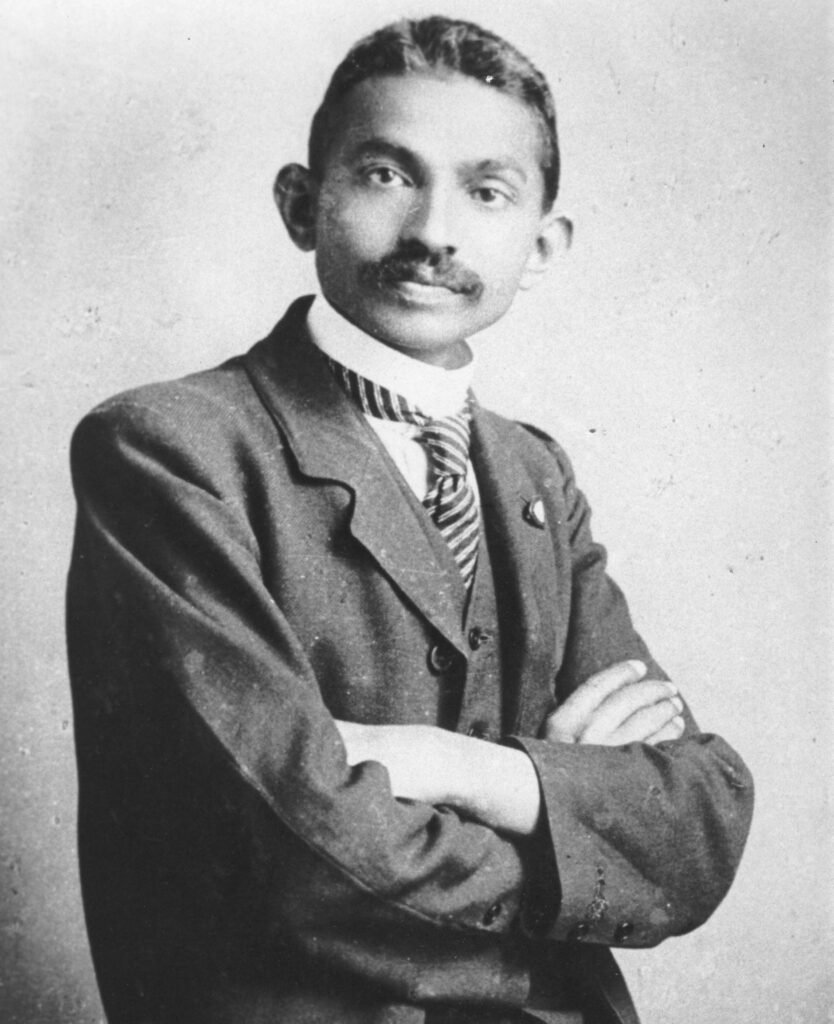
The Emerson Club was founded by members of the London ethical societies as a ‘social place of meeting for many men and women interested in ethical social reform’. Housed in the same building as the Union of Ethical Societies’ headquarters at 19 Buckingham Street, London, the Club was operational from 1905 until the early 1930s. In 1907, it was the birthplace of the Women’s Freedom League. Over the following decades of its existence, many reformist groups found a home there, and numerous notable figures lectured and socialised in its rooms.
In 1907, the South London Press reported:
The Emerson Club, Buckingham Street, Strand, held its third annual meeting on Monday. This club is the social place of meeting for many men and women interested in ethical social reform. The chairman reported an increase of members, and congratulated those present on the recent enlargement of the club premises. He also announced a new series of lectures for the coming year, and that the club is now open from 11am to 11pm. On the motion of Dr. Stanton Coit it was resolved to give greater attention to the lighter side of the club’s operations, and make arrangements for monthly whist drives and occasional dances.
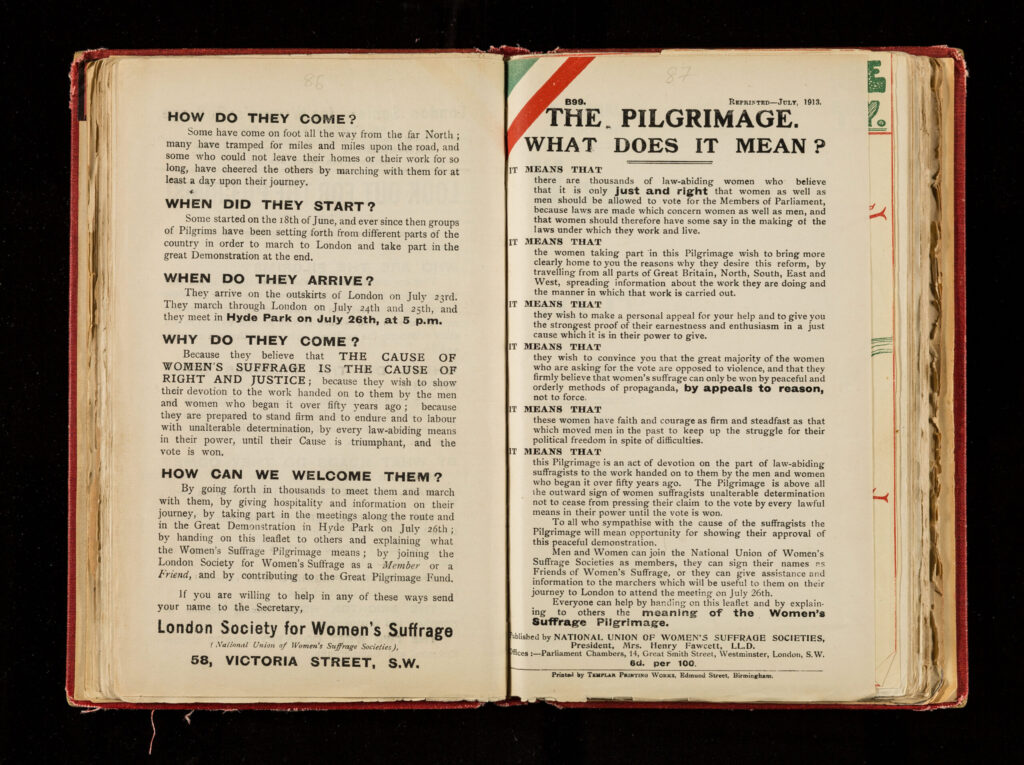
Among the groups who met at the Emerson Club were: the Ethics of Nature Society, Irish League for Women’s Suffrage, Indian Women’s Education Fund, Divorce Law Reform Union, International Women’s Franchise Club, Central London Branch of the British Socialist Party (BSP), the Association of Advertising Women, Sylvia Pankurst’s East London Federation of Suffragettes, No-Conscription Fellowship (Westminster Branch), National Socialist Party (Central Branch), Social Democratic Federation, Bedales Club, Women’s Group of the Ethical Movement, T.P.’s Literary Society, and the London Clarion Fellowship.
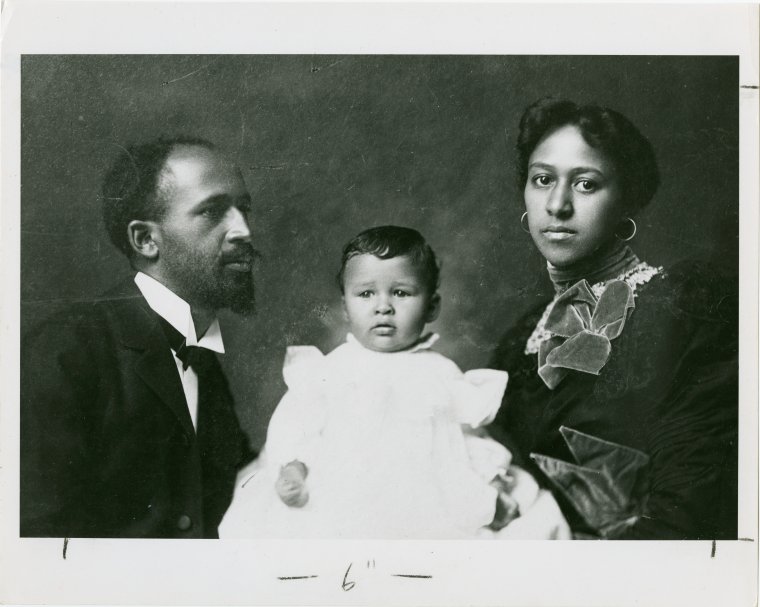
A long list of lecturers featured: Mahatma Gandhi (1909), Dr Helen Hanson (1915), Laurence Housman (1915), Arthur Ponsonby (1915), Maude Royden (1916), Muriel Matters (1917), Sylvia Pankhurst (1917), Annie Horniman (1917), Alys Russell (1918), Ray Strachey (1919), George Charles Beresford (1921), F. J. Gould (1921), Lena Ashwell (1921), Dr. Gladys Miall-Smith (1922), Cicely Hamilton (1922), Noel Buxton (1922), Sivori Levey (1923), George Edwin Fussell (1924), Prynce Hopkins (1930). When Nina and Yolande Du Bois, the wife and daughter of W.E.B. Du Bois came to London in 1915, they received full access to the Emerson Club and its library.
From 1924 the club’s premises moved to 14 Great George Street, and later to number one. It formally closed in 1931.
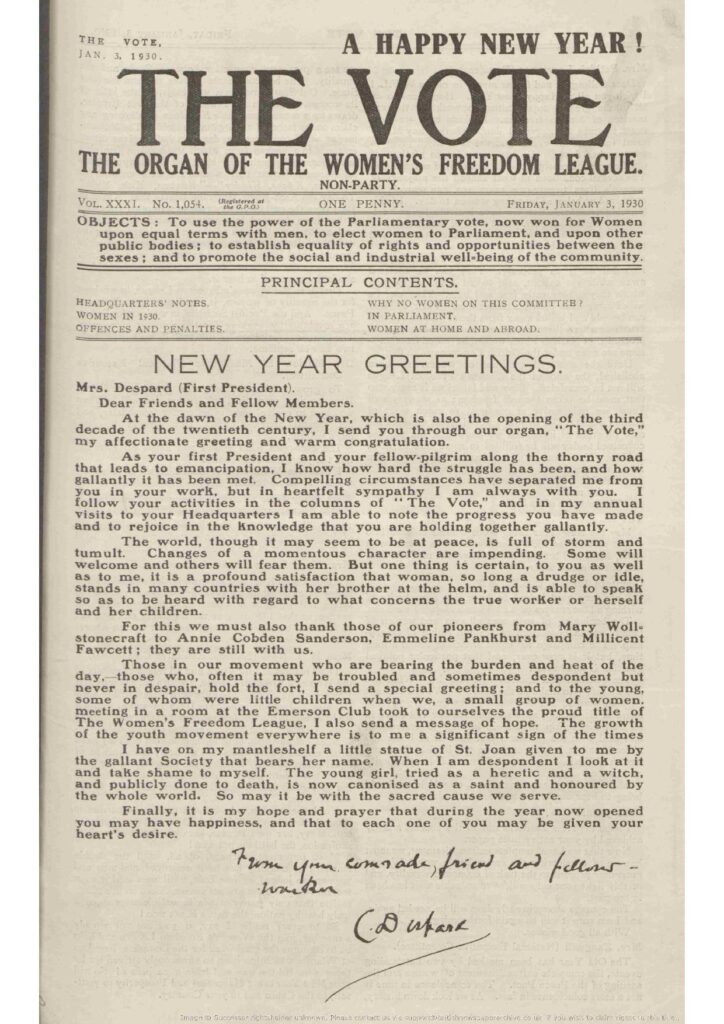

Not by the Creed but by the Deed. Motto of the Society for Ethical Culture of New York, founded in […]
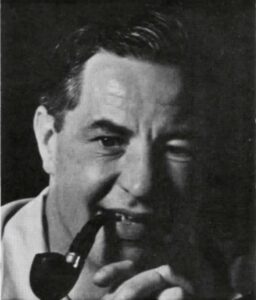
I have a strong faith and I love mankind. I do not believe in God but I believe in good. […]
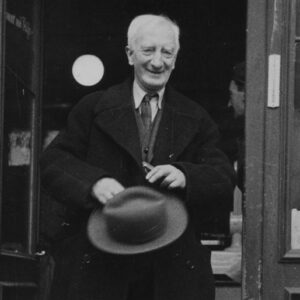
The one thing in which I am interested wholly and completely is the getting to know something about human society […]
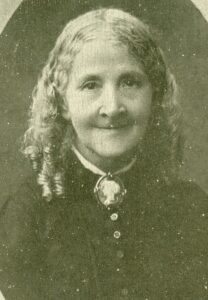
… purely human and natural ethics, and not theology, was the source of this pioneer woman’s enthusiasm for justice, even […]